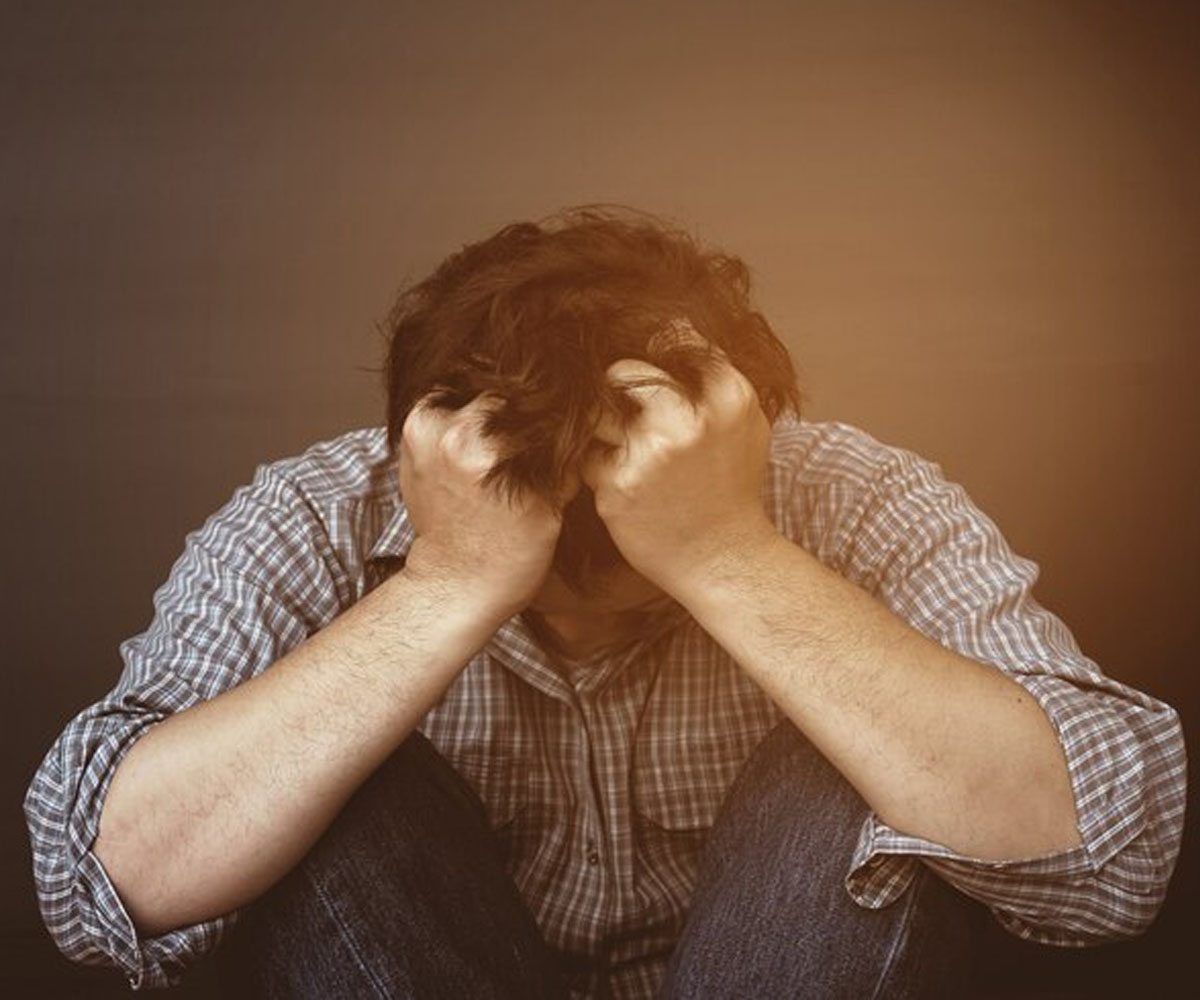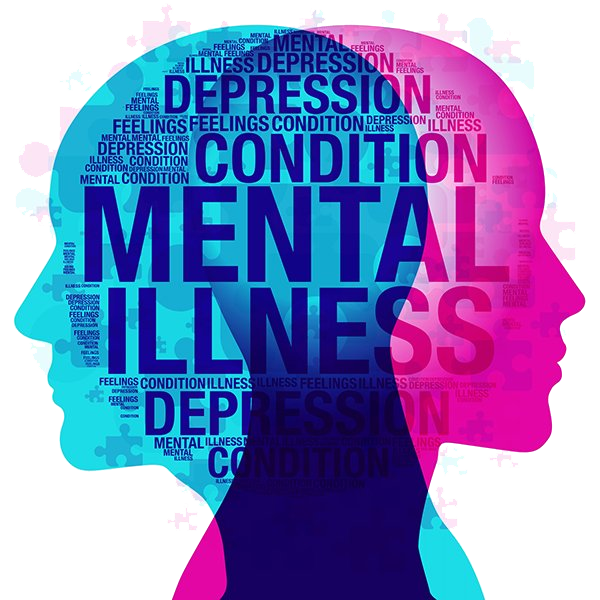
The Devastating Impact of Phobias: A Guide to Understanding and Overcoming Fear
The Devastating Impact of Phobias: A Guide to Understanding and Overcoming Fear
A phobia is an intense, irrational fear that can significantly interfere with a person’s daily life. It can lead individuals to go to great lengths to avoid their triggers, impacting their mental health and overall well-being. Understanding phobias and their effects is crucial for helping those who suffer from them.
Types of Phobias
Phobias can be broadly categorized into three main groups: specific phobias, social phobia, and agoraphobia. Specific phobias are fears related to specific objects, situations, or activities, such as spiders, heights, or confined spaces. Social phobia, also known as social anxiety disorder, is a fear of social situations and interactions. Agoraphobia is a fear of being in situations where escape might be difficult or embarrassing.
Causes of Phobias
The causes of phobias are complex and can include genetics, brain chemistry, and life experiences. Some people may be more predisposed to developing phobias due to their genetic makeup, while others may develop them as a result of traumatic experiences or learned behaviors.
Symptoms of Phobias
Common symptoms of phobias include rapid heartbeat, sweating, trembling, and a strong desire to flee the situation. These symptoms can be overwhelming and may lead to avoidance behaviors, further impacting a person’s quality of life.
Diagnosis and Treatment
Phobias are typically diagnosed based on a thorough assessment of a person’s symptoms and medical history. Treatment options for phobias include therapy, medication, or a combination of both. Cognitive-behavioral therapy (CBT) and exposure therapy are commonly used to help individuals overcome their fears.
Living with Phobias
Living with a phobia can be challenging, but there are strategies that can help. Seeking support from friends, family, or a therapist can provide valuable encouragement and guidance. Practicing relaxation techniques, such as deep breathing or meditation, can also help manage anxiety associated with phobias.
Overcoming Phobias
Overcoming a phobia is possible with the right support and treatment. Exposure therapy, where individuals are gradually exposed to their fears in a controlled environment, can help desensitize them to their triggers. Cognitive-behavioral therapy (CBT) can also help individuals change their negative thought patterns and behaviors related to their phobias.
Coping with Phobias
Coping mechanisms can help individuals deal with phobias in challenging situations. Techniques such as mindfulness and grounding exercises can help individuals stay present and calm when faced with their fears. Developing a support network of understanding friends and family members can also provide emotional support.
Impact of Phobias on Mental Health
Phobias can have a significant impact on mental health, leading to increased anxiety and stress. They can also increase the risk of developing other anxiety disorders or depression. Seeking treatment for phobias is essential for maintaining good mental health and well-being.
Phobias in Children
Phobias in children are common and often differ from those in adults. Common childhood phobias include fear of the dark, monsters, or animals. It’s important for parents to provide reassurance and support to help their children cope with their fears.
FAQs
Can phobias be cured?
Phobias can often be successfully treated, but a cure may not always be possible. Treatment can help individuals manage their phobias and lead fulfilling lives.
What is the difference between a fear and a phobia?
A fear is a normal emotional response to a perceived threat, while a phobia is an intense, irrational fear that is out of proportion to the actual danger.
How common are phobias?
Phobias are relatively common and affect millions of people worldwide. They can develop at any age and in people from all walks of life.
Are phobias inherited?
There is some evidence to suggest that phobias may have a genetic component, but they can also be influenced by environmental factors and life experiences.
Can phobias go away on their own?
Some phobias may improve over time without treatment, especially if the trigger is avoidable. However, many phobias require treatment to overcome.
What is the best treatment for phobias?
The best treatment for phobias depends on the individual and the severity of their phobia. Therapy, medication, or a combination of both may be recommended. You can also ask Dr Deeptanshu Agarwal, Psychiatrist and Drug De addiction Specialist at Nirvan Hospital, Kalyanpur, Ring road, Lucknow. Call 9235442425, 8960211222 for appointment.
Conclusion
Phobias are a common type of anxiety disorder that can have a profound impact on a person’s life. However, with the right support and treatment, it is possible to manage and overcome these fears. Seeking help from a mental health professional is the first step towards living a life free from the constraints of phobias.


Recent Comments